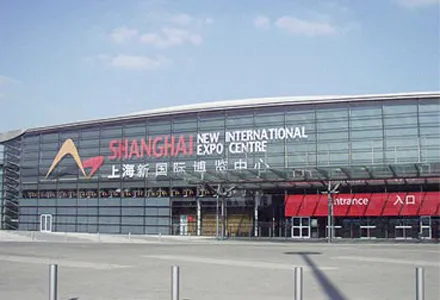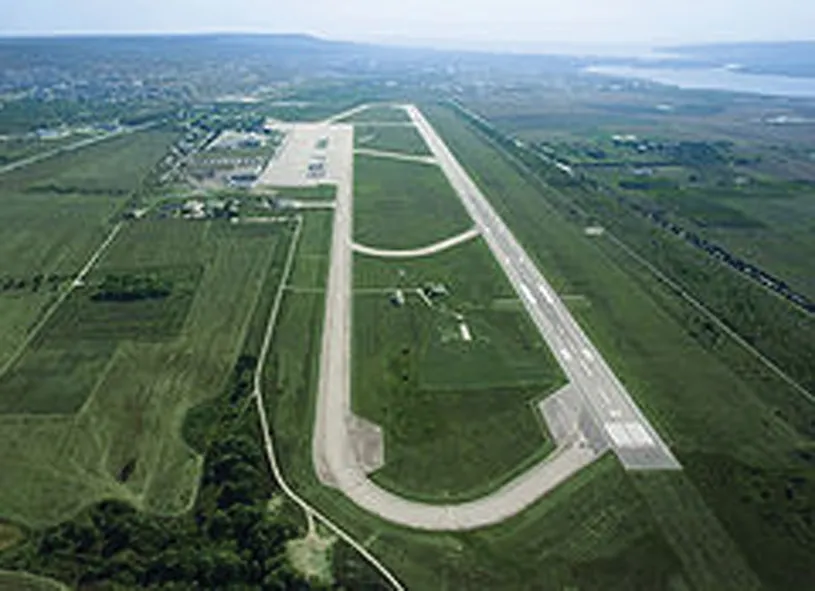In the Middle East nation Qatar, a large-scale highway project is underway that will make significant improvements for vehicle capacity and cut journey times for drivers. The new route will also improve transport connections between Qatar’s ports and neighbouring Saudi Arabia. At the same time, the new highway will carry much of the heavy vehicle traffic travelling between the two countries.
October 26, 2016
Read time: 3 mins

In the Middle East nation Qatar, a large-scale highway project is underway that will make significant improvements for vehicle capacity and cut journey times for drivers
The new route will also improve transport connections between Qatar’s ports and neighbouring Saudi Arabia. At the same time, the new highway will carry much of the heavy vehicle traffic travelling between the two countries.
The new orbital highway will connect the main city of Doha with the ports of Qatar and the border with Saudi Arabia. The highway project measures around 40km long and features seven traffic lanes, with the structure having been designed to cope with heavy vehicle loads as well as high traffic volumes. The construction project has been divided into four phases, with the current phase requiring the production of about 3 million tonnes of asphalt.
“It is the biggest project in terms of quantity of asphalt in Qatar at the moment,” said Youssef Ghadban, plant manager for Al Jaber & Makhlouf, which is manufacturing the asphalt. The company is a regional leader in asphalt output and has a significant presence in Qatar, where it operates five plants. The company also has a significant presence in Lebanon, where it operates four asphalt plants.
Productivity was identified early on as being crucial for this large-scale road construction project to meet its tight schedule. The 3 million tonnes of asphalt will have to be manufactured within two years.
“It was a challenge for us because we were producing around 500,000-600,000tonnes yearly,” said Roger Makhlouf, managing director of Al Jaber & Makhlouf. “Now it will be up to 1.5 million tonnes yearly, so it’s a big move and it was a big challenge for the company – and for6791 Ammann, to, because we had to customise the plants for this project.”
The production demands made plant reliability crucial. The ability to make varied mixes was another requirement. Given the high temperatures experienced in Qatar at times, the mixes have also been specially formulated to cope with the climate and to eliminate the risk of any issues associated with deformation.
Al Jaber & Makhlouf employed two Ammann ABA 340 Unibatch Asphalt-Mixing Plants on the ring road project. The company made extensive use of support from Ammann as well as the sophisticated as1 Control System to allow it to keep pace with the needs of the demanding highway project.
Once the highway is complete, it will help reduce congestion on surrounding minor roads and will also improve safety for road users. The highway will cut journey times from Doha to its ports and also to the border with Saudi Arabia, helping to lower transport costs.
The new route will also improve transport connections between Qatar’s ports and neighbouring Saudi Arabia. At the same time, the new highway will carry much of the heavy vehicle traffic travelling between the two countries.
The new orbital highway will connect the main city of Doha with the ports of Qatar and the border with Saudi Arabia. The highway project measures around 40km long and features seven traffic lanes, with the structure having been designed to cope with heavy vehicle loads as well as high traffic volumes. The construction project has been divided into four phases, with the current phase requiring the production of about 3 million tonnes of asphalt.
“It is the biggest project in terms of quantity of asphalt in Qatar at the moment,” said Youssef Ghadban, plant manager for Al Jaber & Makhlouf, which is manufacturing the asphalt. The company is a regional leader in asphalt output and has a significant presence in Qatar, where it operates five plants. The company also has a significant presence in Lebanon, where it operates four asphalt plants.
Productivity was identified early on as being crucial for this large-scale road construction project to meet its tight schedule. The 3 million tonnes of asphalt will have to be manufactured within two years.
“It was a challenge for us because we were producing around 500,000-600,000tonnes yearly,” said Roger Makhlouf, managing director of Al Jaber & Makhlouf. “Now it will be up to 1.5 million tonnes yearly, so it’s a big move and it was a big challenge for the company – and for
The production demands made plant reliability crucial. The ability to make varied mixes was another requirement. Given the high temperatures experienced in Qatar at times, the mixes have also been specially formulated to cope with the climate and to eliminate the risk of any issues associated with deformation.
Al Jaber & Makhlouf employed two Ammann ABA 340 Unibatch Asphalt-Mixing Plants on the ring road project. The company made extensive use of support from Ammann as well as the sophisticated as1 Control System to allow it to keep pace with the needs of the demanding highway project.
Once the highway is complete, it will help reduce congestion on surrounding minor roads and will also improve safety for road users. The highway will cut journey times from Doha to its ports and also to the border with Saudi Arabia, helping to lower transport costs.








